Remembering Forgetfulness
Forgetfulness seems to be a problem in the aging population. Honestly, it’s become a problem in people much younger than ever before. Things like stress, lack of sleep and underactive thyroid can be underlying issues when it comes to forgetfulness, as can alcohol use. In this article we’ll be talking about common forgetfulness, not the deeper & more serious issues like Alzheimer’s disease and dementia. If you suspect these might be playing a role in your own forgetfulness or that of a loved one, please seek help from a medical professional right away. There are some promising things coming out in that field, and the sooner you get help, the better it is for treatment.
Forgetfulness seems to become more prevalent after we have a few years under our belts, but there are things that can make it worse than you’ve noticed before. Let’s start with lack of sleep. During the process of sleep, our bodies are not just resting. This is the time period when things in our short-term memory are being transferred to our long-term memory. If your sleep is interrupted too many times, this working process is not completed and it is impossible for those memories to “stick” in long term memory. Be sure you’re getting adequate amounts of sleep by sticking to an evening routine. Turn off devices with light emitting from screens. Be careful of what you eat and do right before bed to be sure it will not upset your sleep. If you continue to have trouble sleeping, talk with your doctor about other things that you can do to help overcome the insomnia. You will most likely see an increase in your ability to remember as soon as your sleep issues are dealt with.
Forgetfulness can also be increased in people with heavy amounts of stress. Stress can be caused by good or bad changes in your life. If you have a large amount of stressors in your life, do not be surprised if your memory is compromised. If you’ve moved, gotten a new job (even if it’s a good shift) and had a loved one die in the past few months, your stress levels will go up and your memory will likely be affected. If you have enough stress that you are feeling out of control & unable to cope, be sure to talk with a counselor about it so that you can get the help you need to move forward.
Forgetfulness can also point to other health issues. If you are feeling like your brain is foggy a lot of the time, it may be pointing you to look at your thyroid. Especially if the brain fog is accompanied by extreme fatigue, weight gain and hair loss, you should have your thyroid levels checked. Once you know whether it is an issue or not, you’ll be able to choose a course of treatment that will work for you.
Multitasking is another, often overlooked cause of forgetfulness. When we multitask, our brain is not allowed to put things into our short-term memory securely. We switch to the next task before the thought is allowed to sit. If we add to that sleepless nights, our brains do not have a chance to take those short-term memories and transfer them to long-term storage. When we multitask, we are, in effect, training our brains to forget just as quickly as a task is performed. If we do this often enough, it becomes the standard by which our brains operate. If we are consistently checking our phones, for instance, in the middle of another task at five minute intervals, our brain will automatically make allowance for that and switch off to check our phone even if we were not planning to do so. Brains thrive on habit formation. Make your little habits work for you instead of against you. Set a time or two each day to deal with messages that might come through on your phone or email. Decide not to check them other than that. If someone urgently needs to reach you, ask them to call you so you know it’s important. Force your brain to attend to longer and longer periods where you’re working on only one thing at a time. You’ll notice that it is difficult, but it also feels great!
Lack of hydration can cause a decrease in your mental awareness. B-12 deficiencies can contribute. Lack of exercise can slow you up enough to decrease acuity. There are a wide host of things that can contribute or cause forgetfulness. Be sure to address your health from an overall health perspective. You may be amazed at how much all of those small changes can add up to huge life change! Most importantly, remember forgetfulness! Forgetfulness is your body’s way of screaming at you to let you know that there is something that is not right within your functional and cognitive systems. It is something that you need to fix in order to be healthy. Do not neglect it!
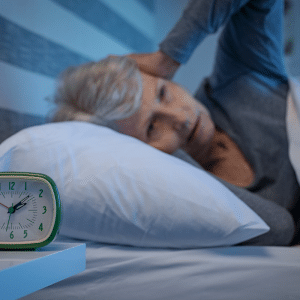
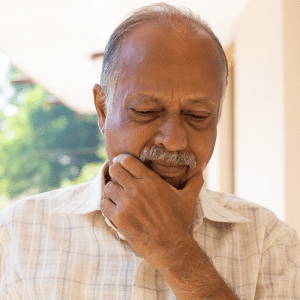
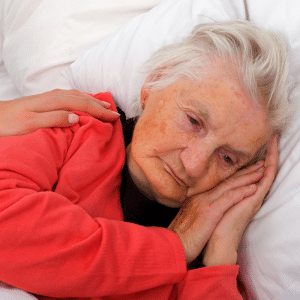
 Sleep apnea/loud snoring: Extremely loud snoring & sleep apnea in which a person is not breathing regularly during sleep are fairly common. Once someone has not drawn breath for a time, the body startles itself awake in order to draw breath. If this happens while you are sleeping, or if it happens to a loved one, it may be time to have a sleep study done & buy a machine to help keep your breathing regular throughout the night.
Sleep apnea/loud snoring: Extremely loud snoring & sleep apnea in which a person is not breathing regularly during sleep are fairly common. Once someone has not drawn breath for a time, the body startles itself awake in order to draw breath. If this happens while you are sleeping, or if it happens to a loved one, it may be time to have a sleep study done & buy a machine to help keep your breathing regular throughout the night.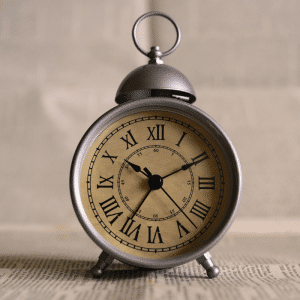
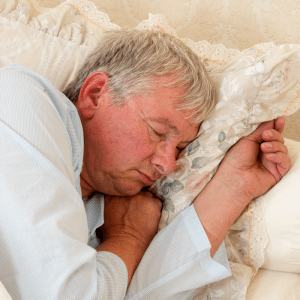 We owe it to ourselves & to our bodies to pay attention to what they need. Sleep is a large part of health, as it is the time of the day when our bodies pull back and try to heal themselves. If we are not allowing ourselves to truly rest, our health will suffer, and, by default, the
We owe it to ourselves & to our bodies to pay attention to what they need. Sleep is a large part of health, as it is the time of the day when our bodies pull back and try to heal themselves. If we are not allowing ourselves to truly rest, our health will suffer, and, by default, the